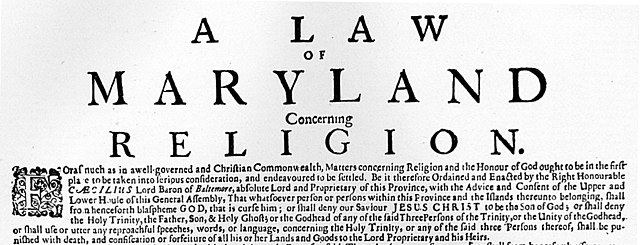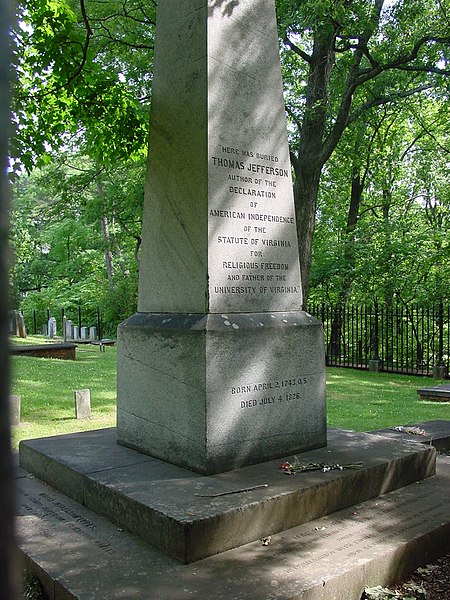Right to petition in the United States
In the United States, the right to petition is enumerated in the First Amendment to the United States Constitution, which specifically prohibits Congress from abridging "the right of the people peaceably to assemble, and to petition the Government for a redress of grievances".
The right to petition is protected by the First Amendment in the Bill of Rights.
First Amendment to the United States Constitution
The First Amendment to the United States Constitution prevents the government from making laws respecting an establishment of religion; prohibiting the free exercise of religion; or abridging the freedom of speech, the freedom of the press, the freedom of assembly, or the right to petition the government for redress of grievances. It was adopted on December 15, 1791, as one of the ten amendments that constitute the Bill of Rights.
The hand-written copy of the proposed articles of amendment passed by Congress in 1789, cropped to show just the text in the third article that would later be ratified as the First Amendment
James Madison, drafter of the Bill of Rights
The Maryland Toleration Act secured religious liberty in the English colony of Maryland. Similar laws were passed in the Rhode Island and Providence Plantations, Connecticut and Pennsylvania. These laws stood in direct contrast with the Puritan theocratic rule in the Plymouth and Massachusetts Bay colonies.
Thomas Jefferson's tombstone. The inscription, as he stipulated, reads "Here was buried Thomas Jefferson, author of the Declaration of American Independence, of the Statute of Virginia for Religious Freedom, and father of the University of Virginia."





